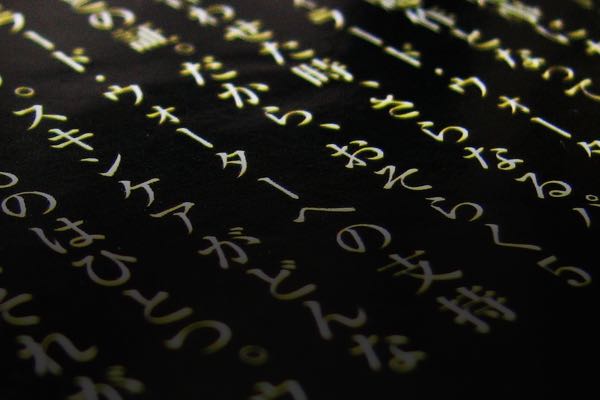
It isn’t. “Ikigai” isn’t new and it isn’t even Japanese. The principles described in “Ikigai” are ancient Judeo-Christian values:
Doing What You Love and Care About:
We are generally happiest when working within our strengths. A popular assessment tool acknowledges this fact and helps applicants discover their assets and interests. Each of us is wired differently with strengths and weaknesses. We find the greatest joy and achieve the greatest success when we are allowed to work in disciplines that maximize our strengths. This truth is not new; it was described by the ancient, Biblical writers. According to Scripture, we have been gifted by God with specific talents and interests (1 Peter 4:10), and we find joy when we exercise our gifts (Romans 12:7-11).
Responding to What the World Needs:
It’s a well-accepted truth (across political and philosophical spectrums) that serving the needs of others is perhaps the single most meaningful activity in which humans can participate. As Winston Churchill once said, “We make a living by what we get; we make a life by what we give.” It may seem counterintuitive, but the more we do for others, the more satisfied we become. This is another ancient truth reflecting our God-given design. According to the Bible, Jesus came to serve rather than to be served (Mark 10:45), and He taught His followers that the “servant of all” would “be first” (Mark 9:35). Our greatest satisfaction is achieved when we meet the needs of others.
Doing What You Can Get Paid For:
It’s gratifying to get paid for doing what you love and find satisfying. Financial compensation can act both as a reward and an incentive. While the singular, isolated pursuit of money can be incredibly destructive, a balanced understanding of the relationship between work and reward often leads to fulfilment. Once again, this concept is ancient and Biblical. The Scripture writers encouraged hard work (Proverbs 14:23) and celebrated the financial reward of honest labor (2 Timothy 2:6).
The desire to find purpose and meaning is part of the human condition. We long for more than temporary happiness. We desire and seek lasting joy, even though most of us never seem to find it. “Ikigai” is yet another expression of this innate desire to establish a “reason to live” and to “make a life worth living”. This modern formula for purposeful, joyous living is becoming increasingly popular because this kind of life seems illusive.
We want to live a life of purpose and meaning, even though we find it difficult to achieve our hopes and aspirations in this lifetime. C. S. Lewis, the novelist and Christian apologist, argued that these common human desires were given to us – by God – to lead us to Him:
“Creatures are not born with desires unless satisfaction for these desires exists. A baby feels hunger: well, there is such a thing as food. A duckling wants to swim: well, there is such a thing as water. Men feel sexual desire: well, there is such a thing as sex. If I find in myself a desire which no experience in this world can satisfy, the most probable explanation is that I was made for another world.” (from Mere Christianity)
So while the Guinness Book of World Records celebrates the long life of Masazo Nonakaas and the incredible longevity of people living in Japan, I’m also celebrating the continuing desire all of us have to find purpose and meaning – including those who employ the principles of “Ikigai.” May their desires to find satisfaction eventually lead them to the God who satisfies.
This article first appeared on ChristianPost.com

J. Warner Wallace is a Dateline featured Cold-Case Detective, Senior Fellow at the Colson Center for Christian Worldview, Adj. Professor of Christian Apologetics at Talbot School of Theology, Biola University, author of Cold-Case Christianity, God’s Crime Scene, and Forensic Faith, and creator of the Case Makers Academy for kids.
Subscribe to J. Warner’s Daily Email
J. Warner Wallace is a Dateline featured cold-case homicide detective, popular national speaker and best-selling author. He continues to consult on cold-case investigations while serving as a Senior Fellow at the Colson Center for Christian Worldview. He is also an Adj. Professor of Christian Apologetics at Talbot School of Theology, Biola University, and a faculty member at Summit Ministries. He holds a BA in Design (from CSULB), an MA in Architecture (from UCLA), and an MA in Theological Studies (from Gateway Seminary).






































